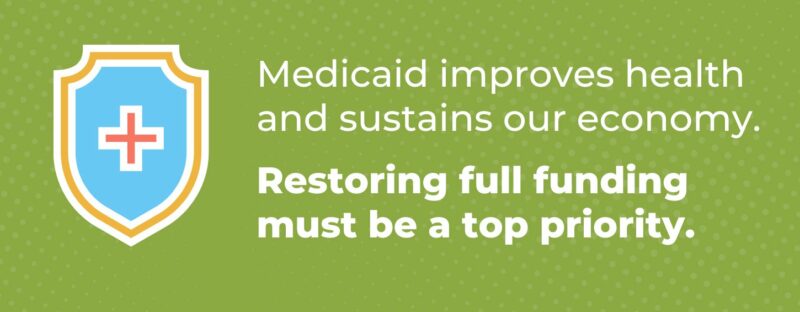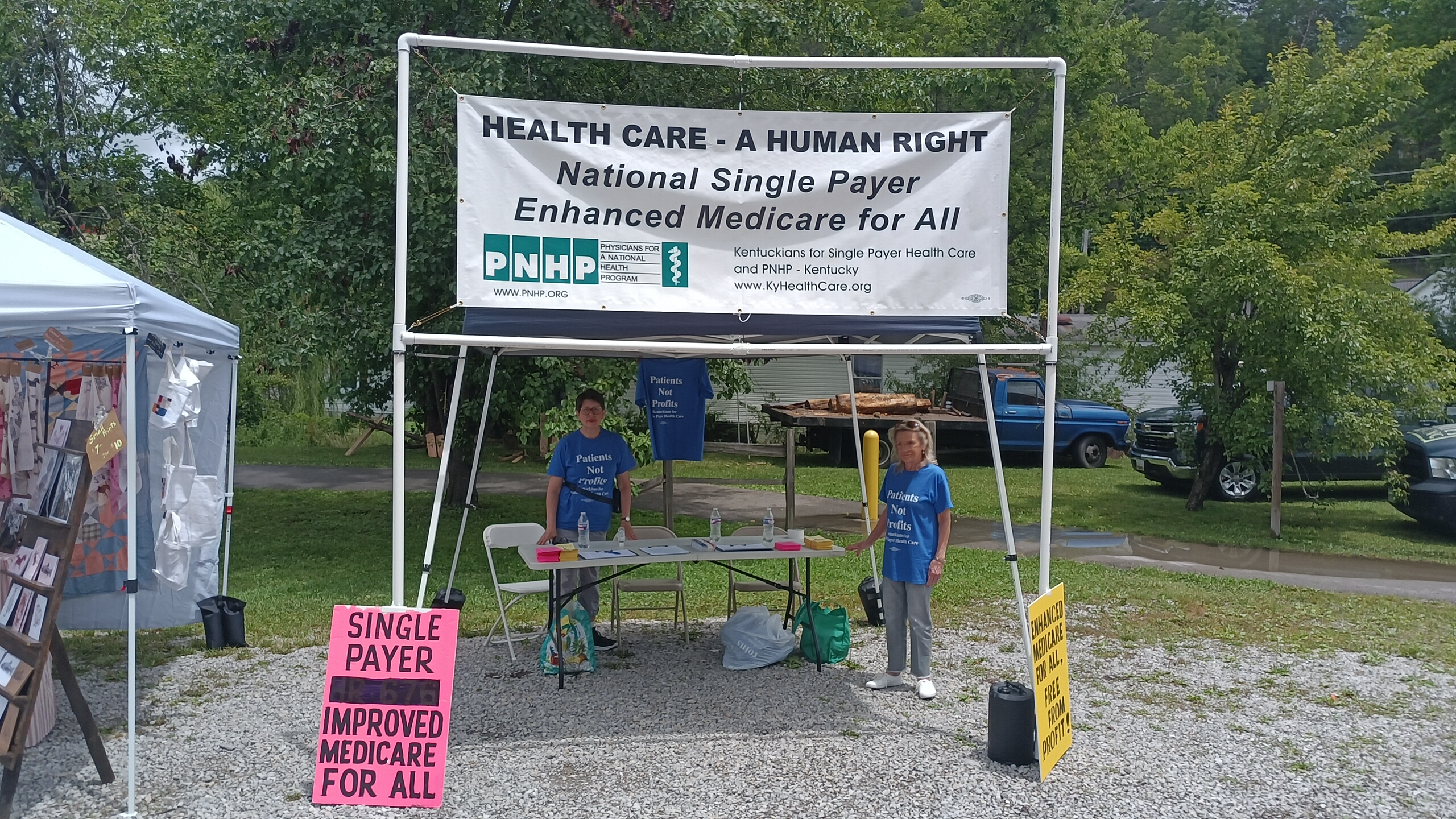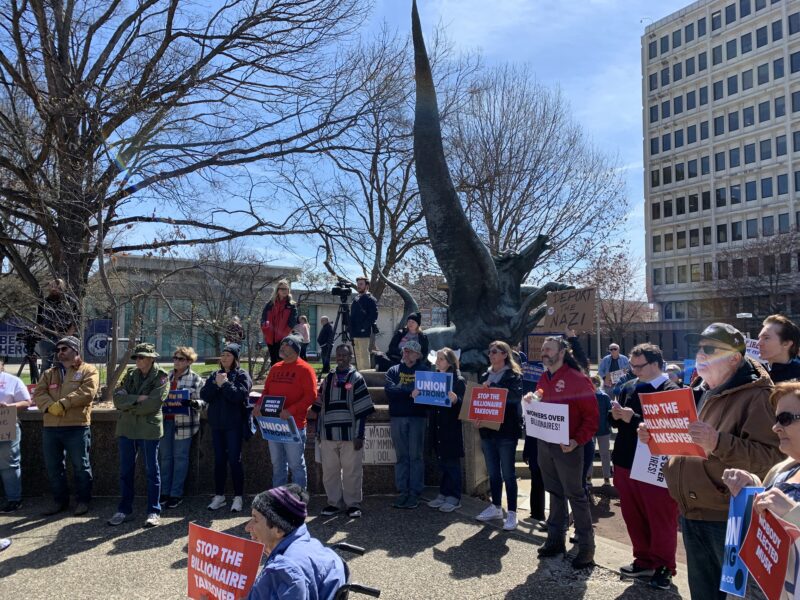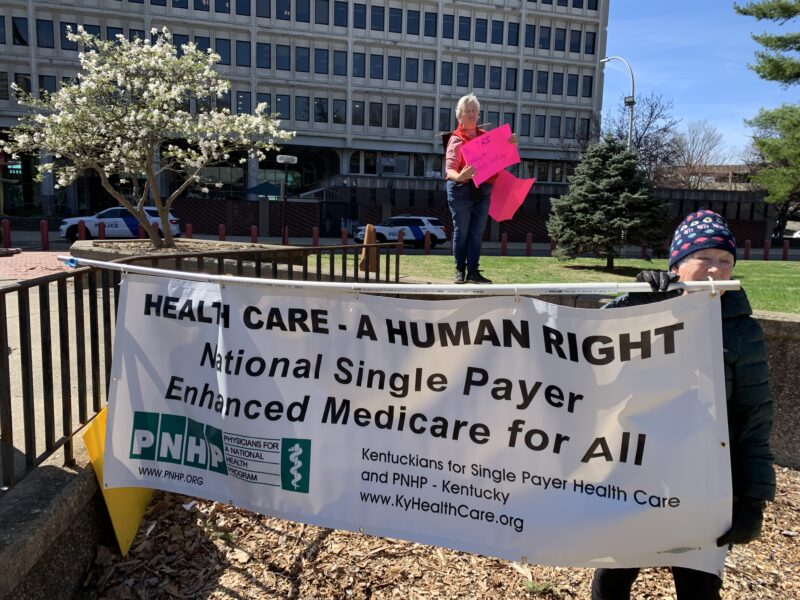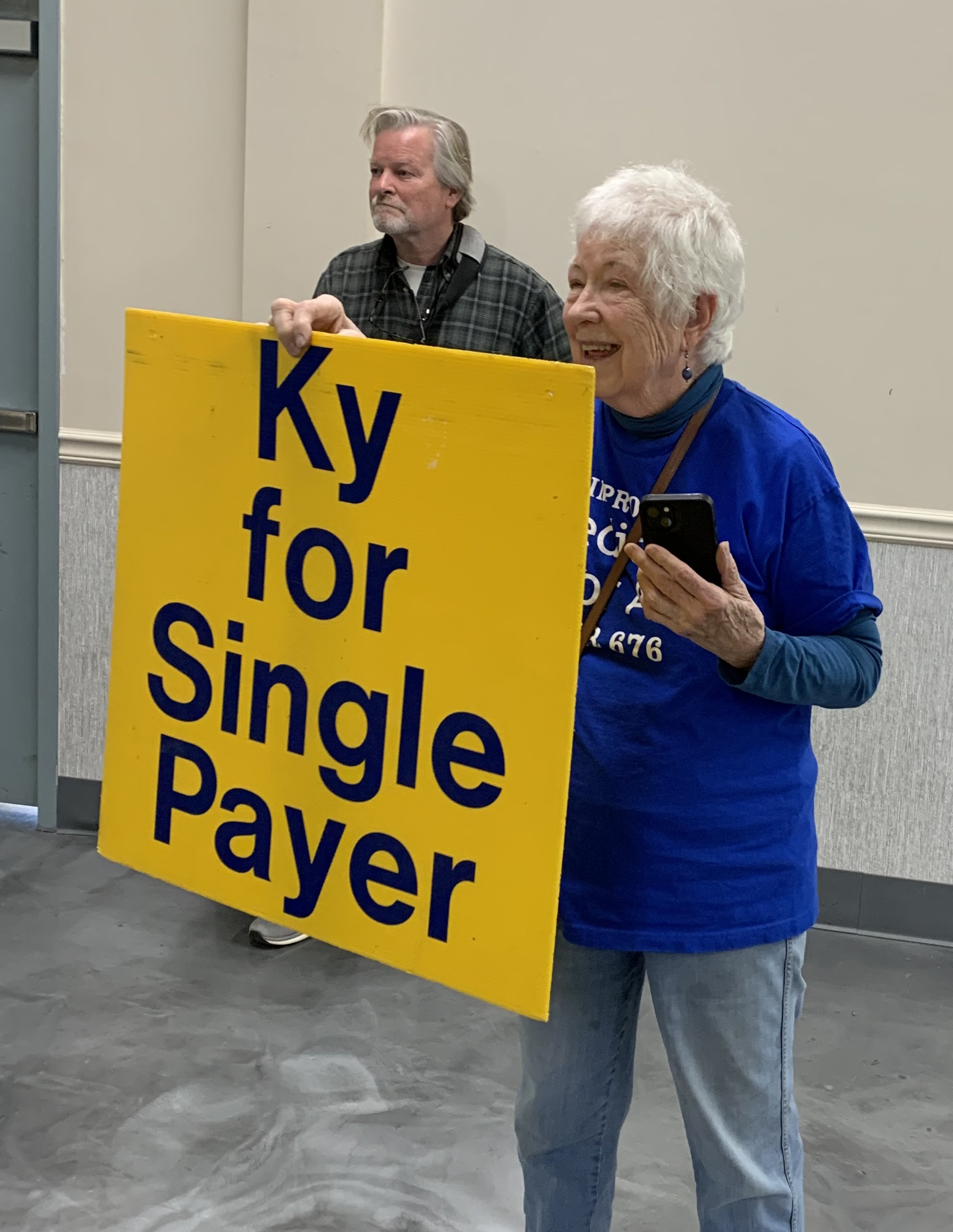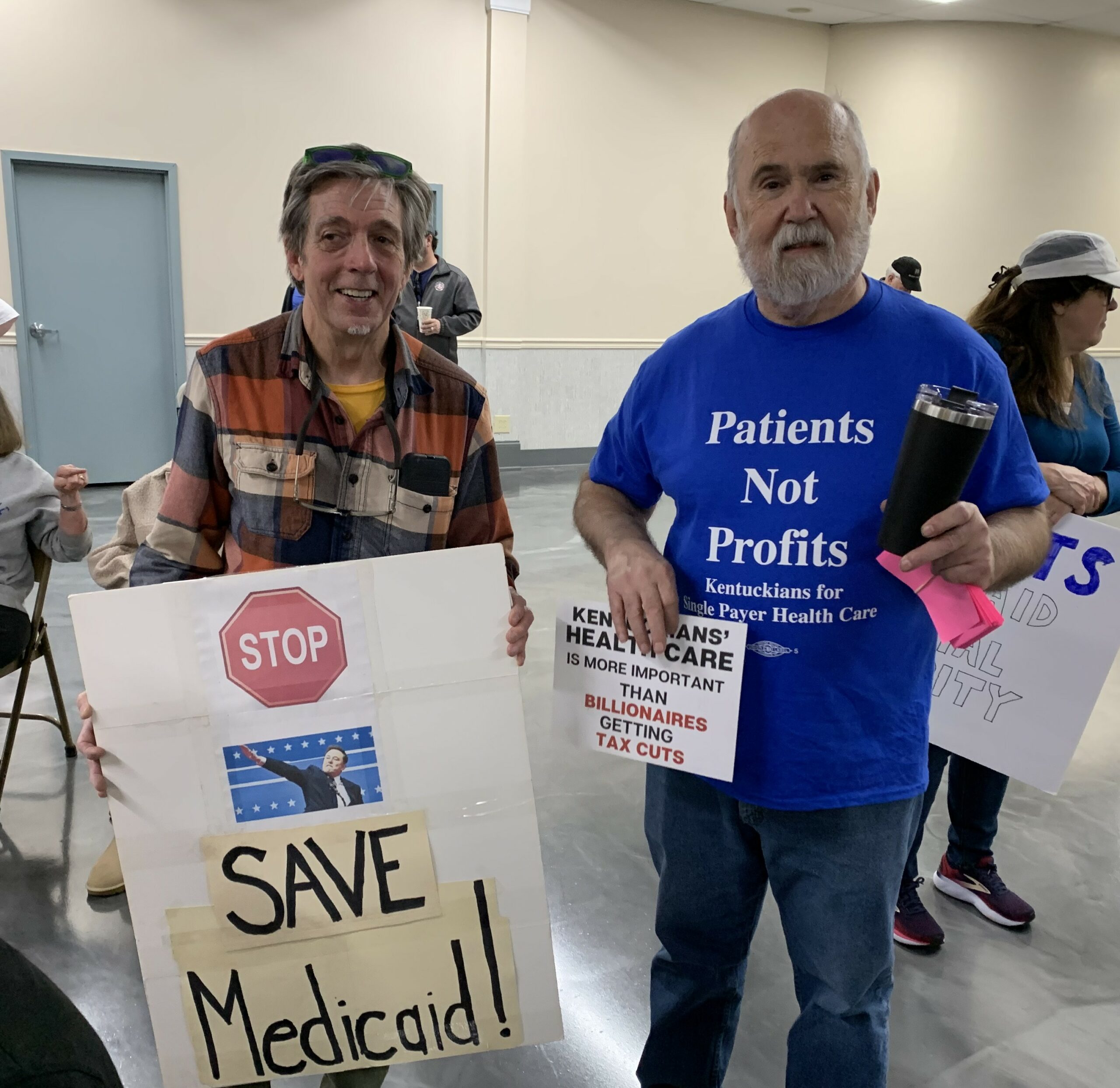August 13, 2025
by Kay Tillow

After 30 years of service to a rural Nebraska community, the Curtis Medical Center will close. Troy Bruntz, CEO of Community Hospital which owns the Center, announced that the cuts to Medicaid in the budget reconciliation act of 2025 were the immediate cause. Those federal budget cuts have “made it impossible for us to continue operating all of our services, many of which have faced significant financial challenges for years,” said Bruntz.
The closing of the Curtis Medical Center is just the beginning of the projected damage. About 15 million are expected to lose health care coverage from the Medicaid cuts and other provisions in the budget reconciliation bill passed on July 4.
In addition, the Shep’s Center, a North Carolina rural research institution, predicts that 338 rural hospitals will close leaving vast holes in rural health care.
But before the new cuts kick in (conveniently, most take effect after the midterm election in 2026), rural health care is already in terrible shape. Rural Americans live sicker and die younger than the rest of the country. On average their lives are cut short by 3 years.
Now this massive hospital closure in our future threatens to make a failed system worse. Studies show that when a rural hospital shuts down, the mortality rate rises by 5.9%!
Full story: https://www.counterpunch.org/2025/08/13/it-will-take-national-single-payer-to-save-rural-hospitals/
__________________________
Sample resolution for towns, counties, unions, or organizations:
https://docs.google.com/document/d/1G4GafRqqKwoJjf6qAXaIFwfgCVLd9nnxX6nC34Ywt9c/edit?tab=t.0
Further information: Kay Tillow, 502 636 1551, Louisville, Kentucky, nursenpo@aol.com


